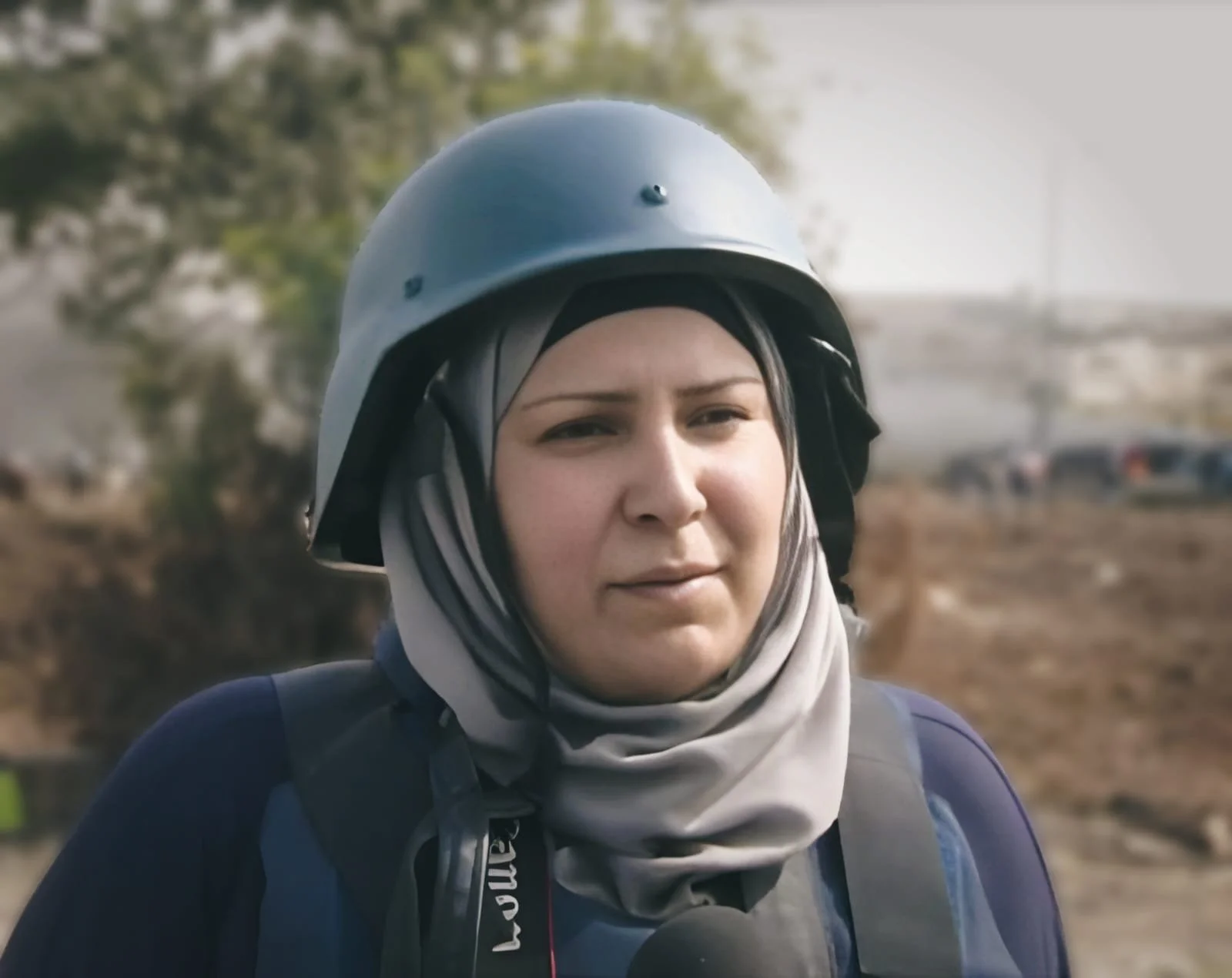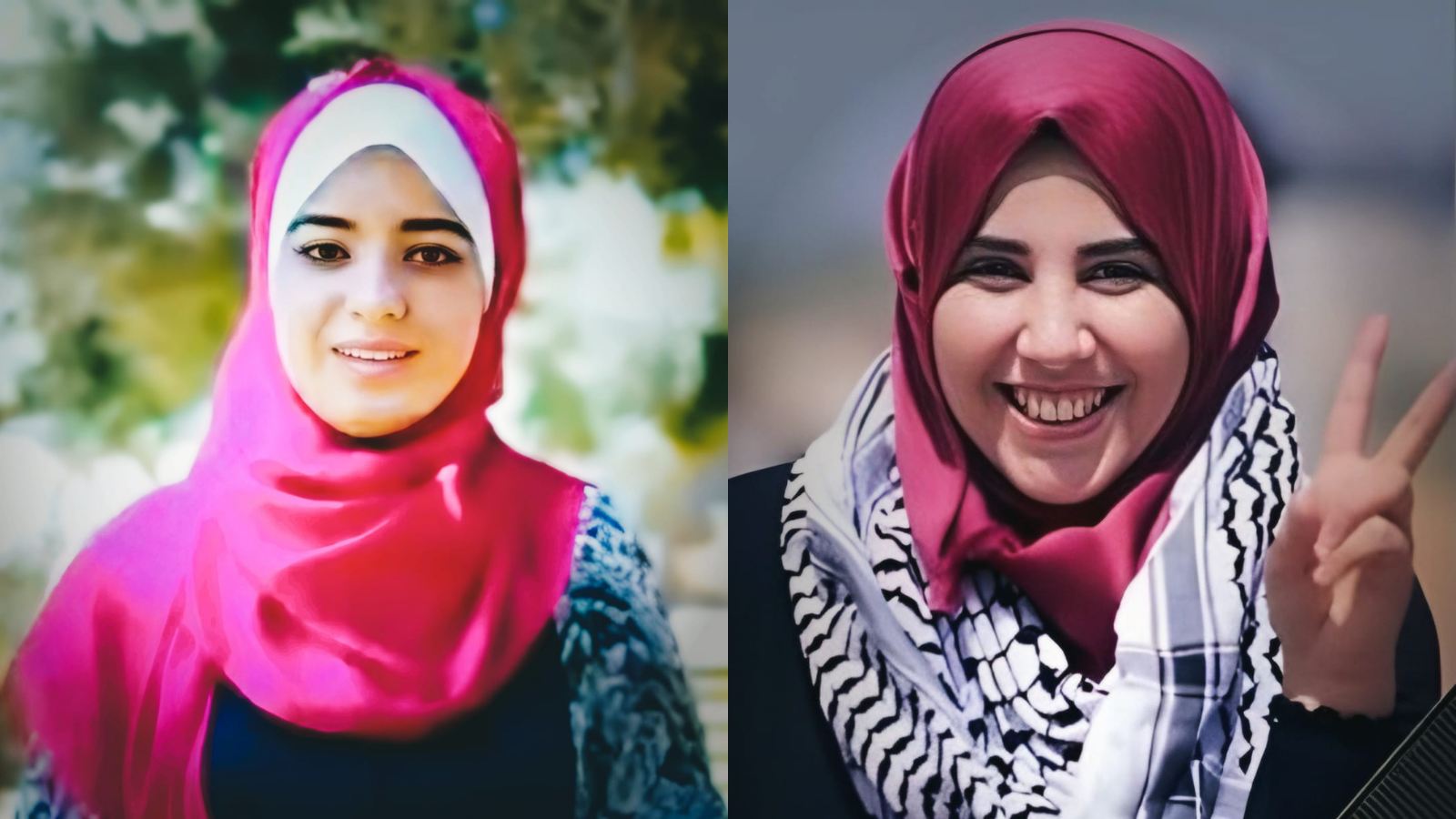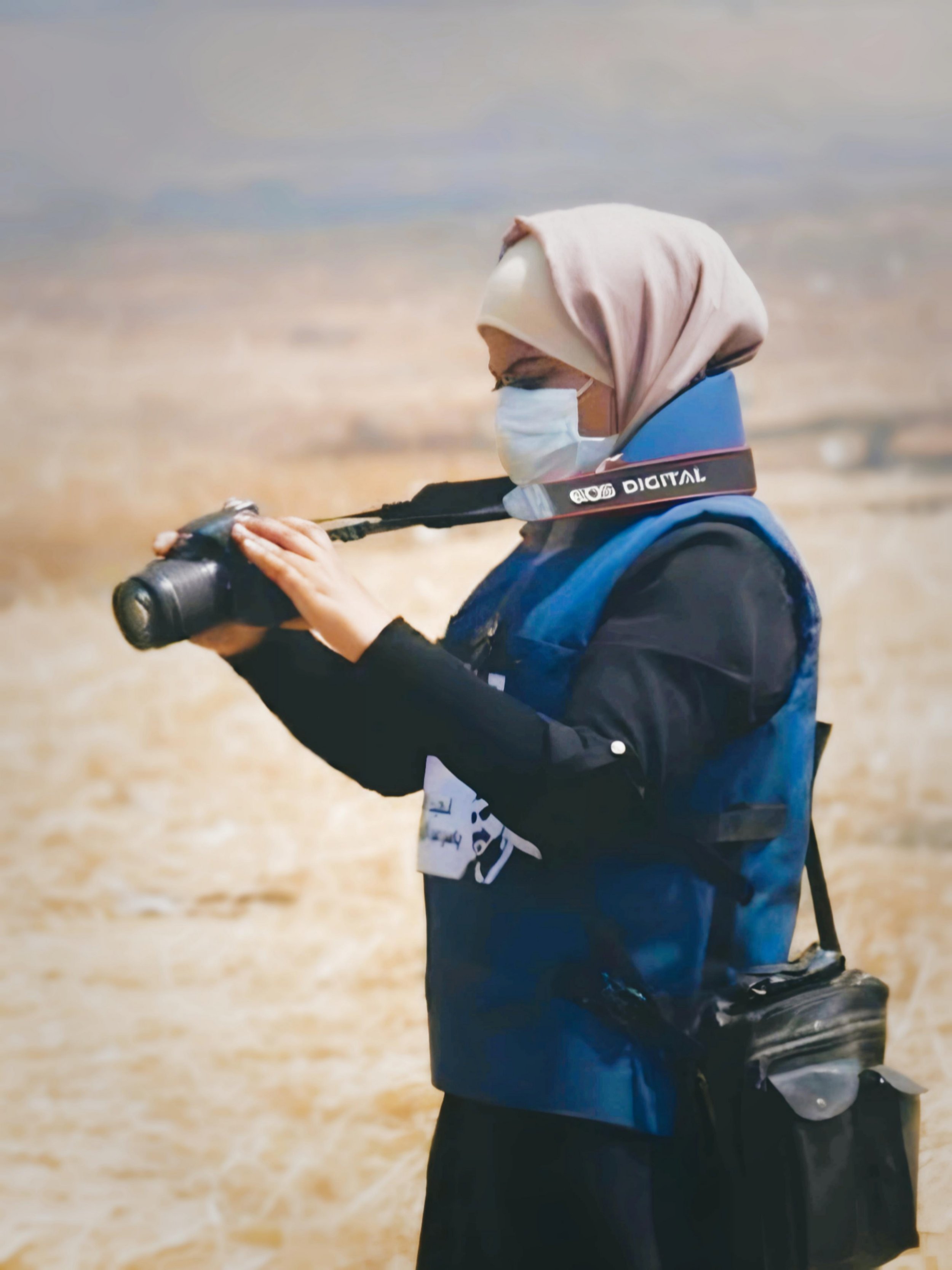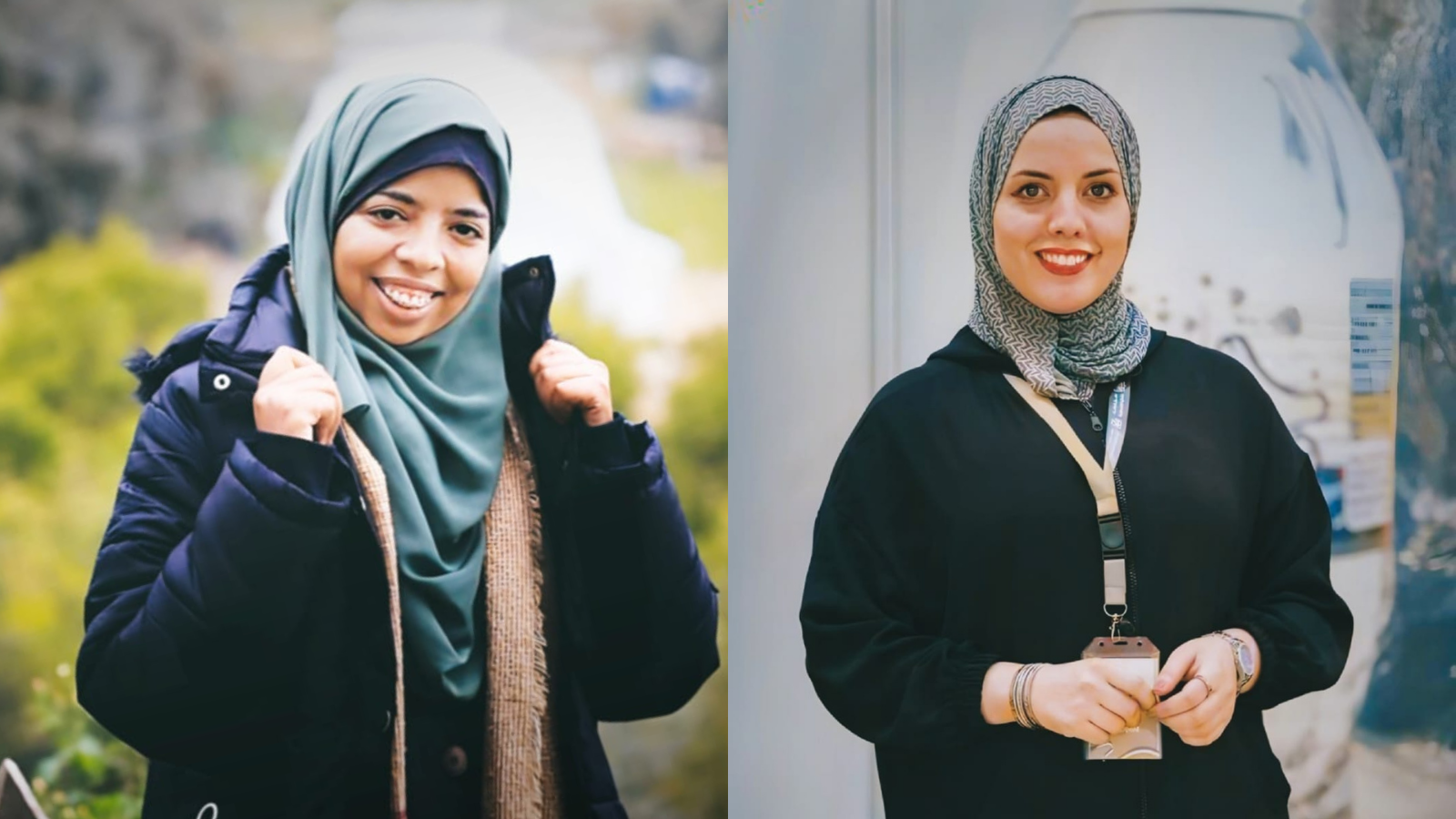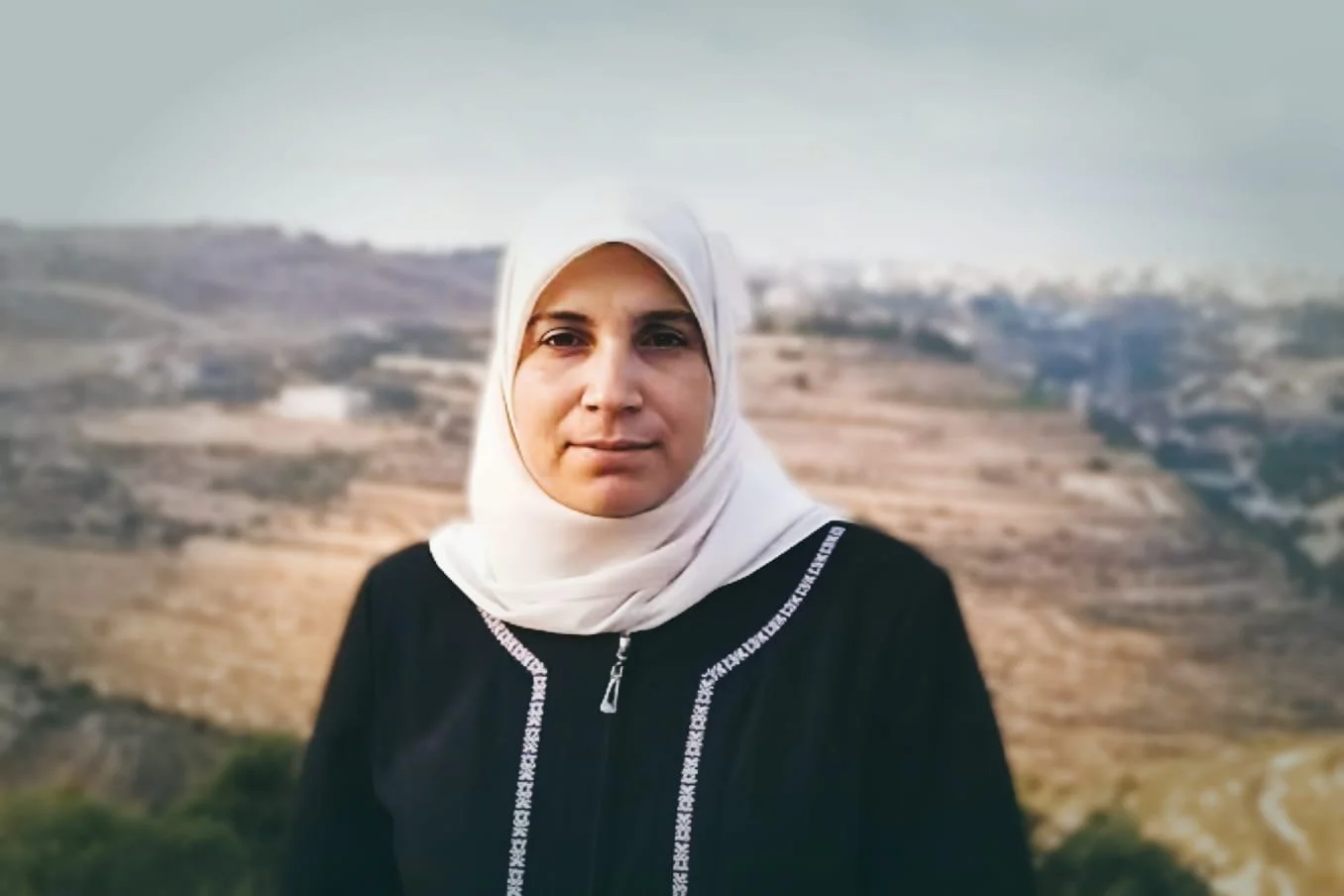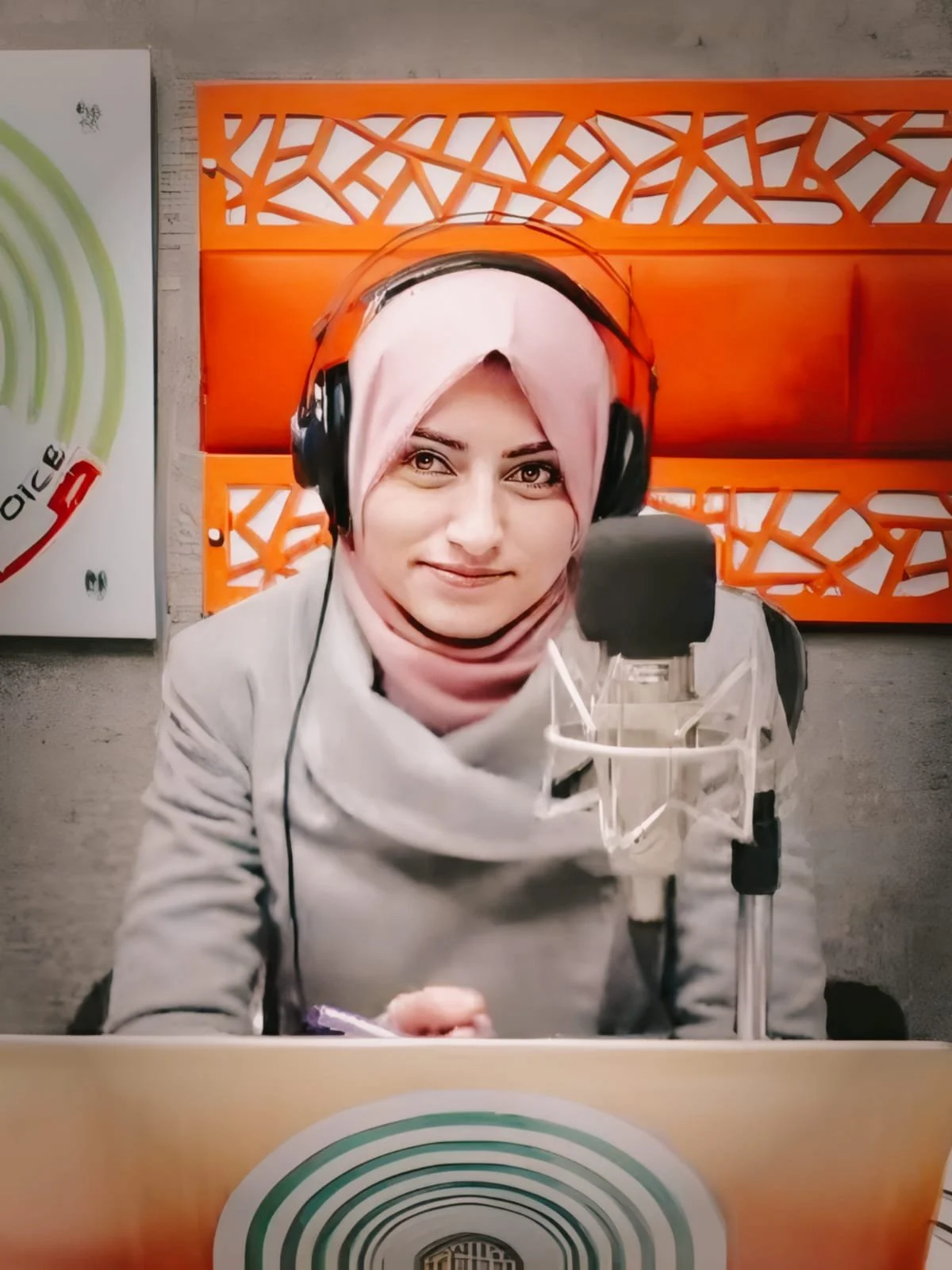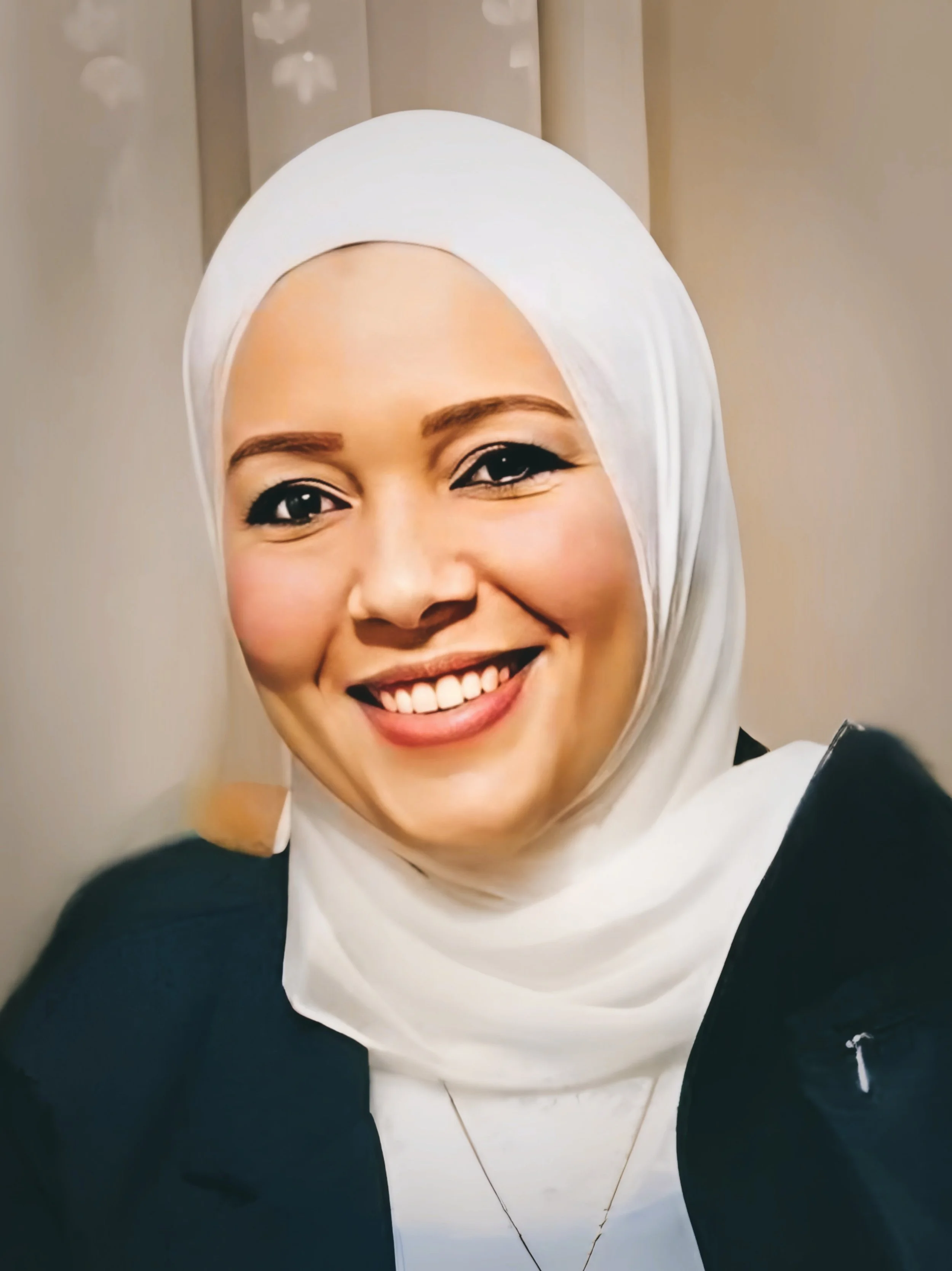Gaza: Over 50 Journalists Call for Unrestricted Access for Foreign Press to Gaza
Women Press Freedom supports this call; journalists must be allowed to report freely and safely from the frontlines
Location: Palestine, Gaza
Date: February 28, 2024

Women Press Freedom stands in firm support of the over 50 journalists who have courageously called for unrestricted access for the foreign press to Gaza. The ability of journalists to report freely and safely from conflict zones is a cornerstone of press freedom and democracy. The collective effort by journalists, including prominent women correspondents and presenters like Alex Crawford, Lyse Doucet, Mishal Husain, and Clarissa Ward, highlights the pressing need for unimpeded entry for foreign media personnel into Gaza amidst growing concerns over limited press coverage in the region. We commend this action and reiterate their request to the authorities of Israel and Egypt to allow foreign press unfettered access to Gaza so they can report freely.
LATEST VIOLATIONS
During the ongoing Israel/Palestine conflict, the fundamental principles of press freedom have come under dire threat.
WPF vehemently condemns the targeting of Bangladeshi journalist Farzana Rupa who, along with her husband Shakil Ahmed, was detained after Sheikh Hasina's government was overthrown in August 2024. Charged with murder based on their journalism, they are part of a wider crackdown on journalists perceived as aligned with the previous regime. S
The Interior Ministry issues arrest warrants for at least 13 women and non-binary journalists.
In an open letter, addressed to the governments of Israel and Egypt, over 50 British and American journalists expressed the necessity of on-the-ground reporting for foreign media in Gaza to provide accurate and comprehensive coverage of the conflict. The journalists are urging the Israeli government to openly declare permission for the international press to operate in Gaza and implore Egyptian authorities to facilitate foreign press access through the Rafah crossing.
The letter describes the challenges faced by foreign journalists, who are currently subjected to limited and tightly controlled access, primarily through escorted trips with the Israeli military. These press trips organized by the Israeli military often confine reporters to specific locations, presenting a restricted perspective of the conflict.
Just one foreign journalist was permitted entry into Gaza via Egypt for a supervised visit. CNN's Clarissa Ward, one of the signatories of the letter, managed to spend merely a few hours in the southern border city of Rafah alongside an Emirati medical team in December 2023.
The Foreign Press Association (FPA) in Jerusalem has criticized Israel's restrictions on independent foreign press access. The FPA's petition to lift these restrictions was rejected by the Israeli High Court of Justice, citing security concerns and jurisdictional issues.
The journalists' plea extends beyond a demand for access; it calls for the acknowledgment of the inherent risks faced by those reporting from conflict zones. Despite the efforts of Palestinian journalists and media workers to document the situation from within Gaza, the risks they face are grave, with over 90 having been killed, including 18 women journalists, since the conflict escalated on October 7, 2023.
The restrictions on foreign journalists entering Gaza not only skews coverage but also gives Israel's perspective greater prominence in the media narrative. While international correspondents were permitted to visit the scenes of Hamas’ deadly massacre in southern Israel days after the attack, none were allowed to investigate sites of Israeli missile assaults inside Gaza. This limits the ability of media outlets to provide a balanced and comprehensive view of the conflict, violating the principles of freedom of the press and the right to information.
In response to the journalists' appeal, the Israel Defense Forces (IDF) reiterated its commitment to ensuring the safety of journalists by accompanying them in conflict zones.
The call for unrestricted media access to Gaza echoes the fundamental principles of press freedom and journalistic integrity. The courageous efforts of local journalists in Gaza, who are at the forefront of documenting this conflict, cannot be overstated. However, they are facing huge risks in deadly conditions and must be allowed the support of their foreign colleagues to document what is happening inside Gaza. The Israeli and Egyptian authorities must heed their call and ensure that journalists have the freedom to report without fear or hindrance, thereby fostering transparency and accountability amidst the chaos of conflict.
Ahmeti notes that as journalists, they frequently encounter challenges in the field, but this incident marked a first for her. She expresses concerns about the proliferation of hostility towards journalists, evident in social media discourse and public rhetoric in Kosovo. “What I have noticed recently is that the language of hatred towards journalists has spread a lot in social networks and in public,” says Ahmeti. “Different people are calling for us to be killed, beaten, or threatened. I think this violates democracy, our freedom, and correct reporting.”
During the ongoing Israel/Palestine conflict, the fundamental principles of press freedom have come under dire threat.
WPF urges Israeli government and its representatives to respect the independence of journalists and cease their attempts to discredit the press for asking critical questions about its actions in Gaza.
WPF expresses deep sorrow over the tragic killing of five Palestinian journalists in the Gaza Strip, including Wafa Abu Dabaan, a reporter with the Islamic University Radio in Gaza, by Israeli forces.
The International Women’s Media Foundation (IWMF) has decided to revoke the 2024 Courage in Journalism Award from freelance Palestinian journalist Maha Hussaini.
WPF denounces Wafa News reporter Rasha Herzallah's unjust detention by Israeli authorities in the West Bank on unknown charges.
WPF condemns in the strongest terms the brutal assaults and impediments faced by journalists during the June 5 commemoration march in East Jerusalem.
WPF mourns the loss of Ola Al Dahdouh, editor and presenter at the local Sawt Al Watan radio station, who was killed in an Israeli airstrike targeting her husband's family residence in Gaza City.
WPF strongly condemns the recent actions by the Israeli Ministry of Communication, which confiscated camera and broadcasting equipment from The Associated Press (AP) in Sderot, southern Israel, on May 21.
WPF expresses deep concern over the sudden departure of Sangita Myska, a renowned radio presenter and former BBC reporter, from LBC.
WPF stands resolutely against the unlawful treatment of journalists Rasha Azab, Iman Aouf, and Hadeer al-Mahdawy by Egyptian authorities.
WPF is deeply troubled by the circumstances surrounding the dismissal of Helen Fares from Südwestrundfunk (SWR), which highlight a concerning trend of threats and character attacks against the journalist.
WPF expresses grave concern regarding the disappearance and safety of Palestinian journalist Bayan Abusultan, who has not been heard from since March 19.
WPF stands in firm support of the over 50 journalists who have courageously called for unrestricted access for the foreign press to Gaza.
Comment section of the podcaster's video about her infant son’s open heart surgery flooded with demands she speak out about the Israel-Hamas war.
WPF is concerned by a recent leak involving the private WhatsApp group of Jewish Australian creatives, which included the personal information of hundreds of individuals in academia and creative fields.
Amidst Israel's relentless assault on the Gaza Strip, two Palestinian journalists, Alaa Hassan Al-Hams and Angham Ahmed Adwan, were killed by Israel on Monday, bringing the death toll to a staggering 18 women journalists killed since October 7, 2023.
CFWIJ and WPF expresses deep sorrow at the deaths of journalist Hiba al-Abadla and her daughter Judy.
American-Russian journalist Masha Gessen receives the prestigious Hannah Arendt Prize after the Heinrich Böll Foundation (HBS) had initially withdrawn its support following Gessen's essay in the New Yorker, where they compared Gaza to Jewish ghettos in Nazi-occupied Europe.
Israeli airstrikes in Gaza claimed the lives of journalists Nermin Qawwas and Hanan Ayad.
In a move that reflects the escalating tensions in Gaza, Palestinian journalist Plestia Alaqad, known for her in-depth social media coverage of the region's crisis, has fled the area.
Police arrest KJZZ radio reporter Alisa Reznick charging her with criminal trespass while reporting on a pro-Palestinian demonstration in Tucson, Arizona, on the morning of November 30.
Palestinian journalist Amal Zohd, along with her entire family, was killed in an Israeli airstrike in Gaza City hours before the humanitarian pause began.
The Coalition For Women In Journalism is appalled and devastated by the killings of journalists Farah Omar and Rabih Al-Me'mari in southern Lebanon.
The Coalition For Women In Journalism is devastated by the tragic loss of two Palestinian women journalists, Alaa Taher Al Hassanat and Ayat Al-Khadour, who were killed in Israeli airstrikes in Gaza.
Israel missiles hit a press tour of at least twelve journalists reporting on damage caused by Israeli bombing in southern Lebanon.
Israeli authorities detain Palestinian journalist Somaya Jawabra in Nablus. Since Hamas attacked Israel on October 7, Israeli forces have detained thousands of Palestinians in the occupied West Bank.
The Coalition For Women In Journalism is concerned for the welfare of journalist Lama Khater following her detention by Israeli Defense Forces.
Palestinian journalist Duaa Sharaf and her child were killed when Israeli jets bombed their home in central Gaza.
Salma Mukhaimer is the fifth woman journalist to lose her life since the conflict between Israel and Palestine reignited on October 7, 2023.
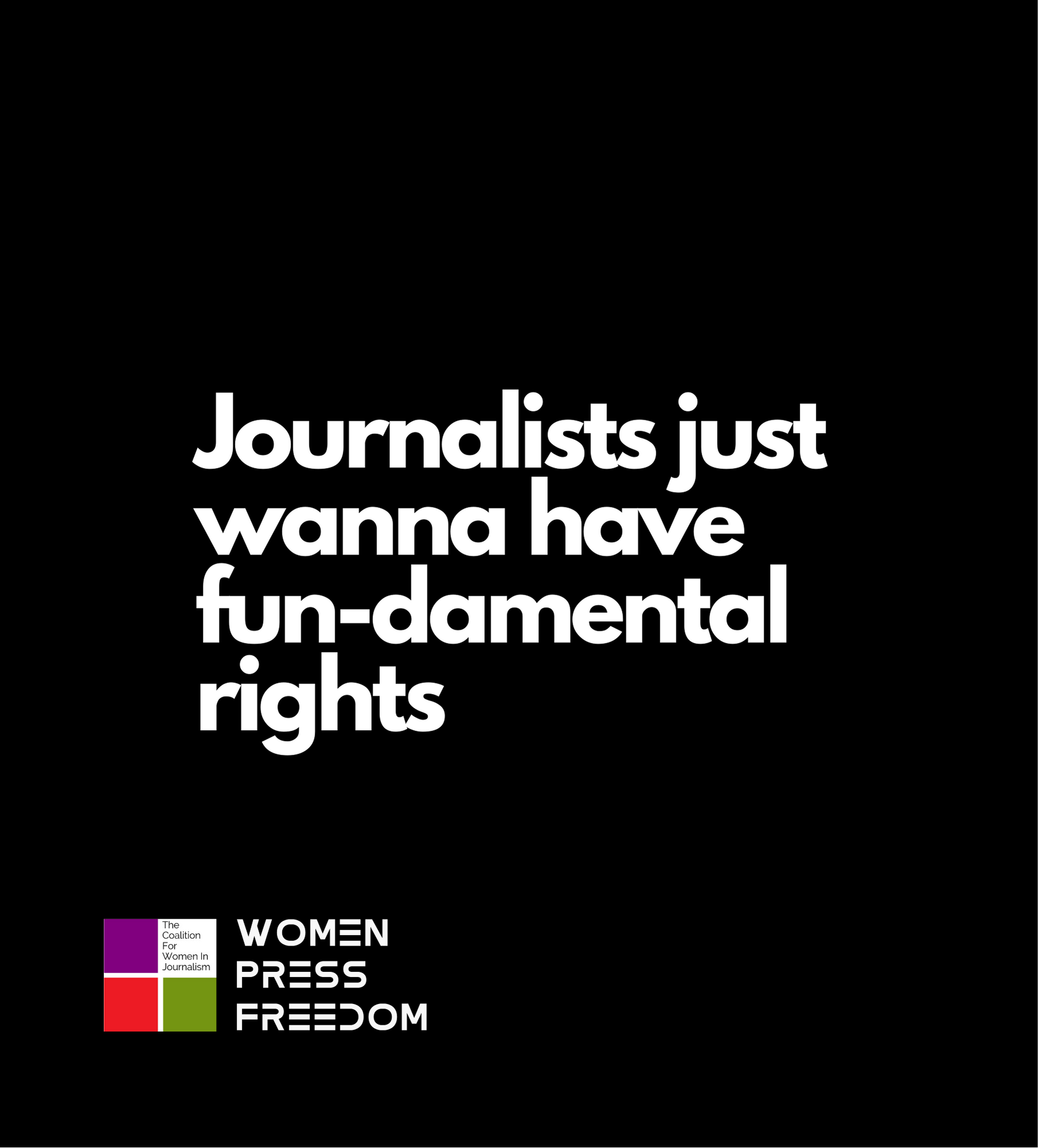
Women Press Freedom is an initiative by The Coalition For Women In Journalism
The Coalition For Women In Journalism is a global organization of support for women journalists. The CFWIJ pioneered mentorship for mid-career women journalists across several countries around the world and is the first organization to focus on the status of free press for women journalists. We thoroughly document cases of any form of abuse against women in any part of the globe. Our system of individuals and organizations brings together the experience and mentorship necessary to help female career journalists navigate the industry. Our goal is to help develop a strong mechanism where women journalists can work safely and thrive.
If you have been harassed or abused in any way, and please report the incident by using the following form.





